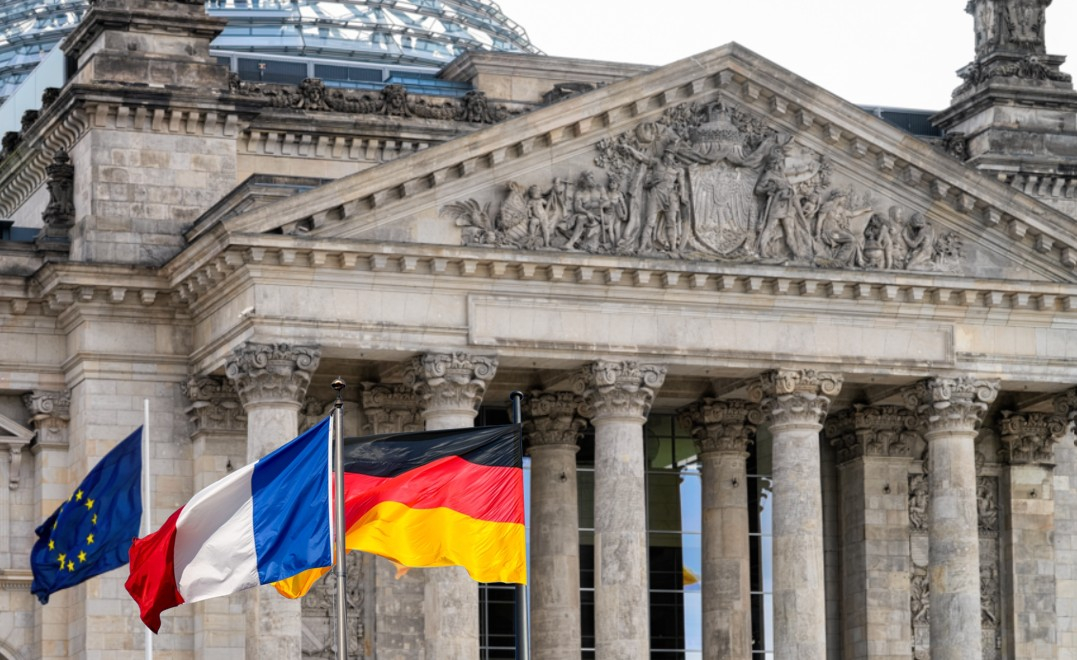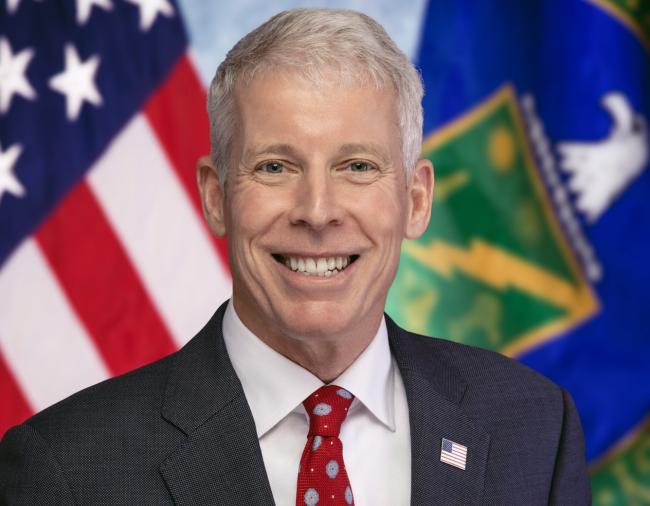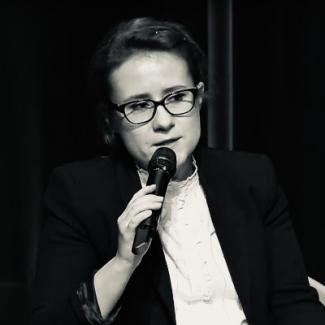
Practical information
Accessibility
Themes and regions
Related centers and programs

Annual Conference of The Study Committe on Franco-German Relations (Cerfa) ─ Faced with a profoundly disrupted strategic and economic environment, Franco-German cooperation is more than ever the central pillar of Europe's future. The war in Ukraine, energy and technological dependence, and uncertainty about the strength of the transatlantic ties require urgent deepening of European sovereignty, both in terms of defence and economic and industrial competitiveness.
The Franco-German Ministerial Council in Toulon in August 2025 reaffirmed France and Germany's ambition to transform their interdependencies into a real driving force for European integration.
In terms of defense, Paris and Berlin must overcome their differences to define a common strategic vision. This means overcoming differences in approach, ensuring European technological sovereignty and building a genuine European industrial and technological defense base.
On the economic front, Germany, weakened by recession and loss of competitiveness, has launched an unprecedented €500 billion plan to modernize its infrastructure and invest in future technologies. This decision could pave the way for new joint European projects and offer an opportunity for shared recovery, provided that Paris and Berlin manage to align their priorities in a context of significant domestic political instability.
Programm
9:30–9:40 a.m. | Welcome and Opening Remarks
Paul Maurice, Secretary General of the Study Committee on Franco-German Relations (Cerfa), Ifri
9:40–10:00 a.m. | Introductory Remarks
Gudrun Lingner, Minister Plenipotentiary, Embassy of the Federal Republic of Germany in France and Monaco
Tristan Aureau, Director of the Centre for Analysis, Planning and Strategy (Policy Planning), Ministry for Europe and Foreign Affairs
10:00–11:20 a.m. | France–Germany: Catalysts for a Sovereign Europe?
Alexandre Escorcia, Chief of Staff to the Minister Delegate to the Minister of Armed Forces and Veterans Affairs
Roland Theis, Member of the Bundestag from Saarland, Chair of the France-Germany Friendship Group in the Bundestag
Amélie Zima, Research Fellow, Head of the European and Transatlantic Security Program, Centre for Security Studies, Ifri
Moderator: Jeanette Süß, Research Fellow at the Study Committee on Franco-German Relations (Cerfa), Ifri
11:20–11:30 a.m. | Break
11:30–12:50 | European Competitiveness: What Role for Germany’s Industrial Base in the Face of Geo-Economic Tensions?
Cécile Boutelet, Economic Correspondent, Le Monde, Berlin
Tobias Cremer, Member of the European Parliament, member of the Committee on Foreign Affairs and member of the Committee on Security and Defense
Florian Schuster-Johnson, Head of Growth and Lab Budget, Dezernat Zukunft, Berlin
Moderator: Marie Krpata, Research Fellow at the Study Committee on Franco-German Relations (Cerfa), Ifri
12:50–1:00 p.m. | Closing Remarks
Paul Maurice, Secretary General of the Study Committee on Franco-German Relations (Cerfa), Ifri
Hybrid conference in French and German with simultaneous interpretation.
The conference will be followed by a cocktail reception.
Contact
Catherine NAIKER
Assistant to the Study Committee on Franco-German Relations (Cerfa), Ifri
Speakers
Related Subjects
Other events

Conference with Chris Wright, Secretary, U.S. Department of Energy
EU-US Energy Relations in Times of Global Reshuffling
The United States aims for global energy dominance and leading in the global IA race, using all available and competitive energy resources, notably natural gas and nuclear.

EV Supply Chains for Japan and Europe: Strengthening Economic Security
Economic security aims to ensure the resilience of supply chains for key industries: the case of electric vehicle production in Japan and Europe will be discussed.















